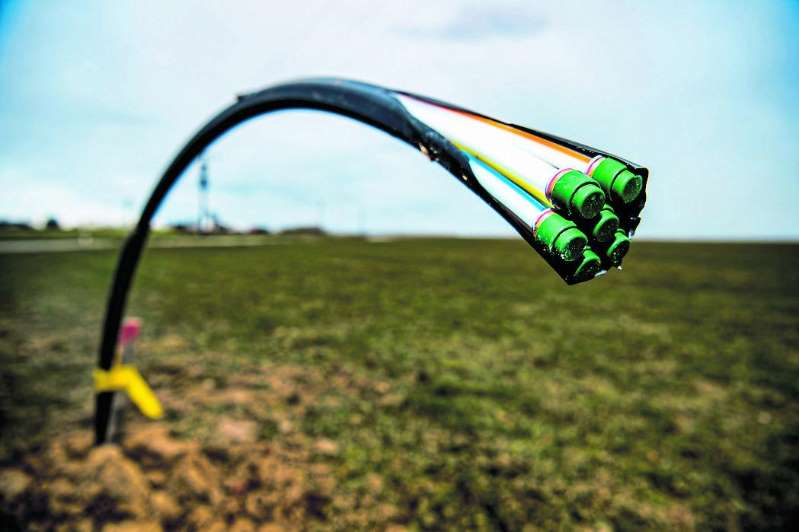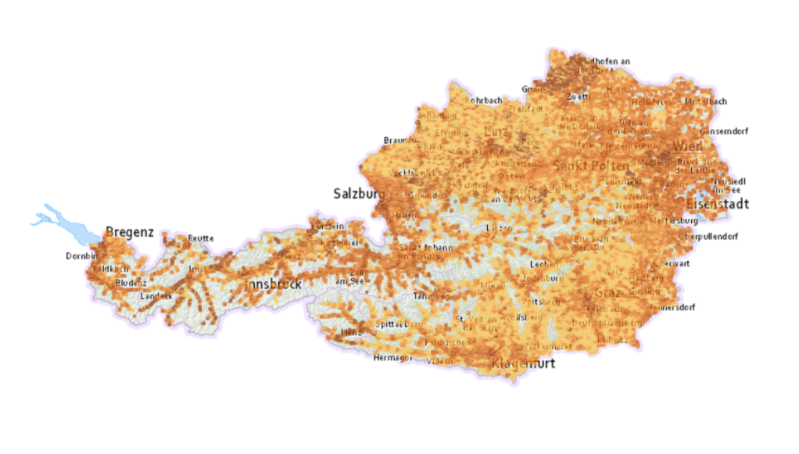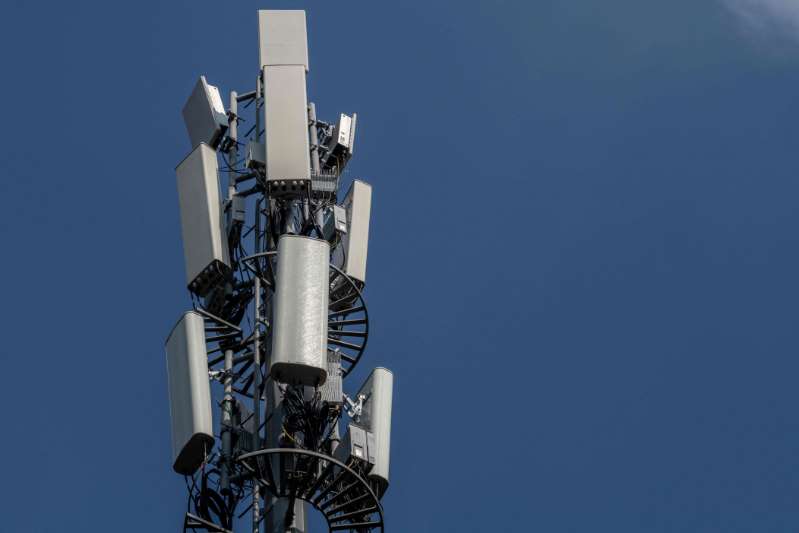By 2030, the country should be provided with super-fast internet across the board. However, the expansion to date has raised doubts.

In an international comparison, Austria is still miles away from the broadband model country. The goal announced with the broadband billion in 2013 to provide Austria with high-speed internet at 100 Mbit / s by the end of 2020 has failed. According to current surveys, a mere 10 Mbit / s could be achieved. And when it comes to fiber optic networks, Austria has repeatedly taken last place in Europe in recent years.
2030 remains the target for gigabit connectivity
Regardless of this, Federal Minister Elisabeth Köstinger (ÖVP) had already spoken of “extremely positive figures” and “blatant improvements” in January on the occasion of a current survey. Despite the “huge leap forward” proclaimed at the time, the goal is now only 100 Mbit / s basic service for 77 percent of households by 2024.
The minister, however, stuck to the goal announced years ago of equipping Austria with super-fast gigabit coverage across the board by the end of 2030. This guideline value was also the focus of the “broadband summit” convened on Friday, to which representatives from the federal, state and local governments, industry representatives and telecommunications companies were invited.
Hardly any specific announcements
At the press conference called afterwards, however, the actors remained vague. As Corona has shown, high-performance internet is essential in all areas, from businesses and homeschooling to agriculture, tourism and online shopping, was the common tenor. With today's broadband summit one could conclude an alliance for broadband expansion in Austria, announced Köstinger. It also announced the new “Platform Internet Infrastructure Austria 2030 – PIA 2030”, through which the procedure will be coordinated.

The available download rate can be checked online at broadbandatlas.gv.at (as of June 2020)
When asked by futurezone why the goal of 100 Mbit / s could not be achieved by 2020 and has now been corrected downwards, Köstinger indirectly referred to the omissions of her predecessors. You only took over the office in March 2020. She also referred once more to the improvements made recently and explained that with all promised subsidies of the past billion in broadband, 80 percent of the goal of 100 Mbit coverage had been achieved. It is unclear where this number comes from. The last survey said that 80 percent of Austrian households are now supplied with 30 Mbit / s.
5G instead of fiber
The minister was unable to elicit any specific statements on the topic of fiber optic expansion either. “With the current inventory we were able to show that we have already been able to catch up with fiber optics and are now in the middle of the field,” said Köstinger. The gigabit connection is currently already in 42 percent of all Austrian households. This value was last at 38 percent in January.
Between the lines, however, one could hear that 5G in particular should play an important role in the Austrian broadband strategy. In view of the high affinity of Austrians for mobile data connections and the comparatively well-developed mobile network, this is obvious. According to Köstinger, 5G also offers an excellent opportunity to close the gap between fiber optic connections and people in rural areas.

The federal government's 5G strategy was also mentioned as the first specific topic in the work program that will be determined when the newly announced platform is launched. The platform is coordinated by Köstinger's ministry, the regulatory authority RTR and the funding agency FFG.
The fear of 5G in communities
In the press conference, the President of the Austrian Association of Municipalities, Alfred Riedl, did not respond to the criticism of the mobile radio operators that antenna sites are rented by municipalities at overpriced tariffs. He directed the focus more to the uncertainty among citizens when it comes to 5G, which in turn affects mayors. Riedl is convinced that one has to deal with the fears and worries even more intensively and accompany the entire expansion process more openly.
It has already been decided that a second billion in funding will come to meet the gigabit target for 2030. The coming weeks and months will show which actors will benefit most from this and how they will position themselves for this. The mobile operators who were not represented at the press conference were optimistic in their initial reactions and welcomed the newly created platform.
In the case of the first broadband billion, Drei and Magenta, as well as the then broadband provider UPC, repeatedly criticized the alleged imbalance in subsidies in favor of A1 and its landline technologies. In general, Köstinger promised more transparency in awarding contracts and construction projects, as well as simplified procedures and less bureaucracy in broadband projects. “The question of expansion is not just a question of financing, but also of optimal coordination,” said the minister.

